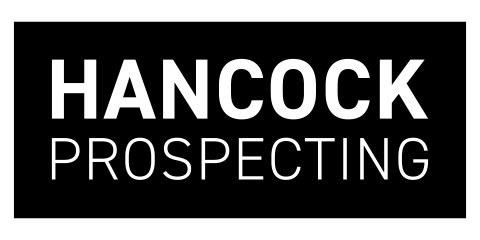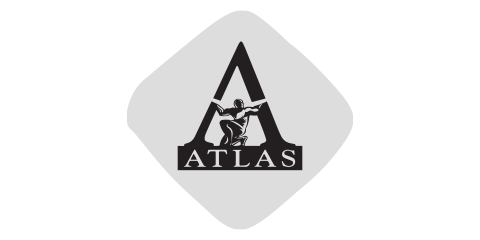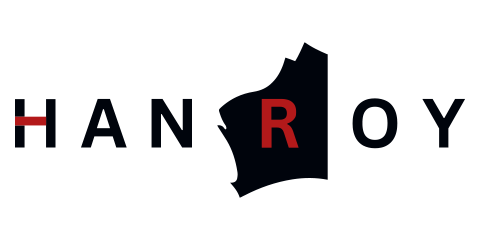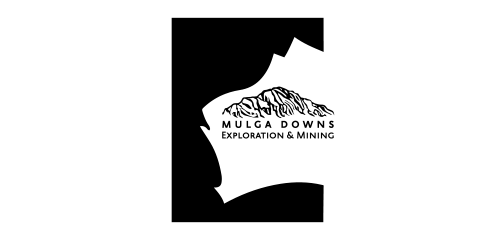
Article by Colin Packham, courtesy of The Australian
31.03.2025
Australia should focus on bolstering much-needed gas production rather than carving off supplies from the country’s LNG industry, which is already a major supplier to the domestic market, according to the head of Shell Australia.
The comments from Cecile Wake – country chair of Shell in Australia – mark a pushback from Australia’s LNG industry against the Coalition’s gas policy, which requires that 20 per cent of supplies destined for exports are instead kept for the domestic market.
The policy has stoked anger and frustration within Australia’s LNG industry, which have accused the Coalition of blindsiding them with a “populist” policy that would deter investment.
Ms Wake is set to join the chorus at a major gas conference on Tuesday. She will urge Australia to reject an energy policy that would make the country even more unappealing for investment in the face of a looming east coast gas shortfall.
“If there is need for a conversation about more commitments to the domestic market, let’s do so with proper consultation and design a system where all participants and states contribute their share and that protects rather than erodes the investment case for Australian gas,” Ms Wake will tell the Australian Domestic Gas Outlook conference.
“Rather than redistributing an ever-diminishing pie, let’s make the pie bigger.”
Shell – which majority-owns the Queensland Curtis LNG (QCLNG) – and Origin, a near one-third owner of the Australian Pacific LNG (APLNG) facility, are on course to be the biggest losers from the Coalition plan. Global giants such as ConocoPhillips, Sinopec and Tokyo Gas are also set to face lower LNG sale revenues.
In contrast, Santos – which owns Queensland’s third LNG facility, Gladstone LNG – is on course to be a major victor.
Santos is a major buyer from domestic market to meet contracted export volumes from its Gladstone LNG (GLNG) facility.
Santos is understood to purchase approximately 150PJ of gas from the export market – about 80 per cent of the amount of gas that Victoria uses annually – a practice that has attracted significant criticism.
Shell purchases between 15 – 30 per cent of its GLNG demands from the domestic market, supplementing its own production in Queensland.
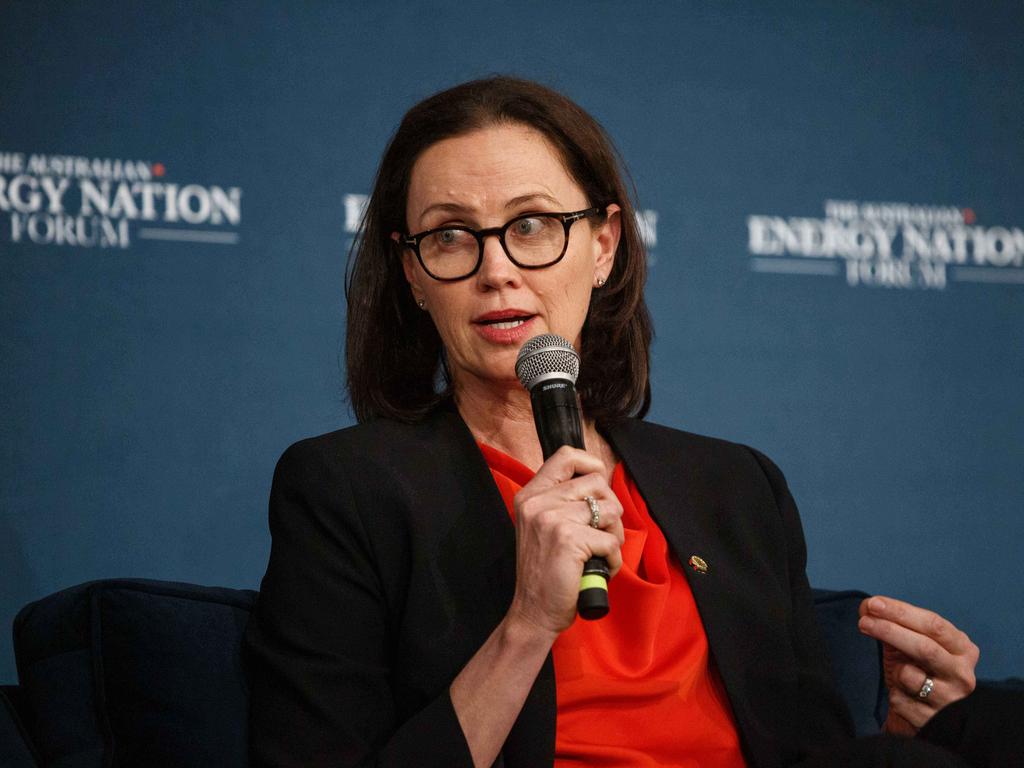
Forcing APLNG and QCLNG to increase domestic supplies could also benefit Santos, industry figures insist. Although details of the Coalition’s plan are still to be confirmed, industry figures have raised the prospect that Santos could purchase more gas from the domestic market to export.
Even if Santos keeps its purchases consistent with previous years, the Coalition has signalled its intention to push domestic gas prices lower – allowing Santos to potentially pay less than it otherwise would.
However, Santos must soon negotiate new gas supply contracts for its GLNG facility as a 10-year deal with Origin expires within weeks, while a second deal with AGL Energy will end in 2027. Analysts have said Santos is likely to have to pay more for gas than it did when it struck the Origin deal in 2015, so the exact benefits from the Coalition’s gas policy proposal are difficult to quantify. APA Group – Australia’s largest gas pipeline owner and operator – is also in line to emerge stronger under the Coalition’s plan. Opposition leader Peter Dutton has pledged to invest $1bn in new gas pipelines that could bring gas supplies south to NSW and Victoria.
APA had already flagged its intention to spend nearly $2bn to develop new pipelines should supplies in Queensland and the NT mature, a plan that some said would strain the balance sheet of the infrastructure company. APA denies the plan would unduly stress its finances.
APA chief executive Adam Watson will on Tuesday say Australia can have a strong domestic market and meet LNG demand but it must unlock new sources of supplies, and governments will need to stop supporting LNG import terminals, which stop big users committing to long-term supply deals.
“For large energy users, talk of subsidies or government support for LNG import terminals can make it challenging for them to commit to the long-term contracts that are necessary to support new basin developments. They sit on the sidelines, and watch the games play out,” Mr Watson will say.
“To avoid this, governments need to take a longer-term, stable approach to domestic gas development, to support investment in new gas supply and transport infrastructure.”
APA is a vocal critic of LNG import terminals, insisting they will increase domestic prices. But new sources of gas struggling to secure support from the federal Labor government.
